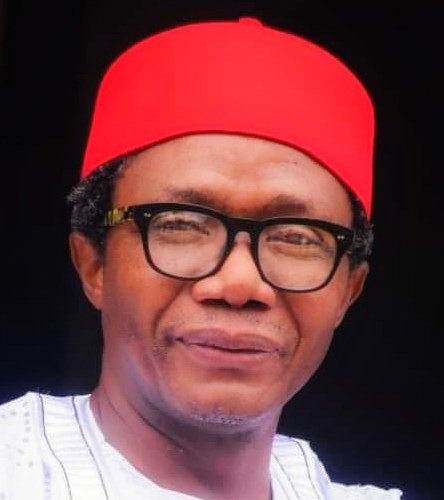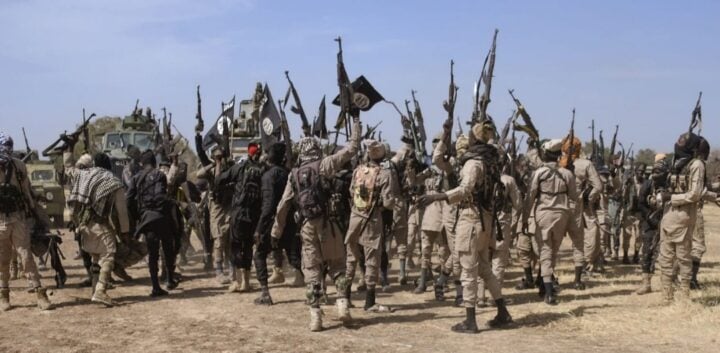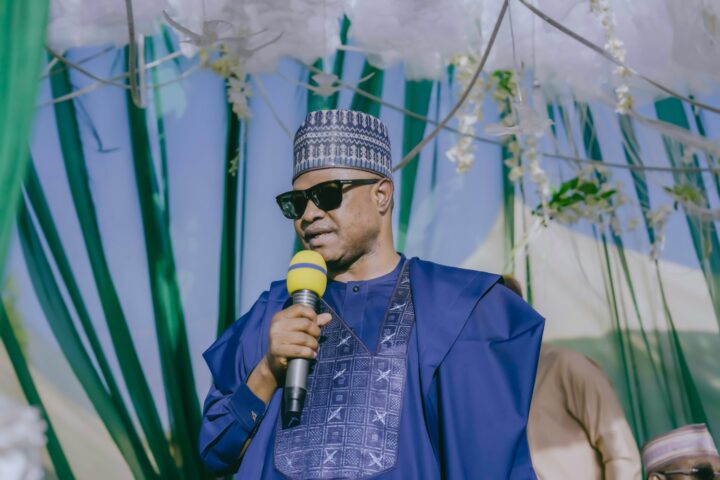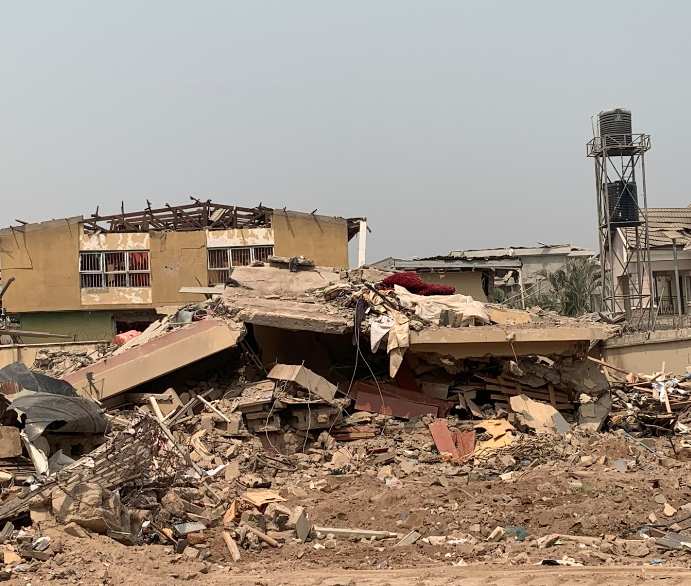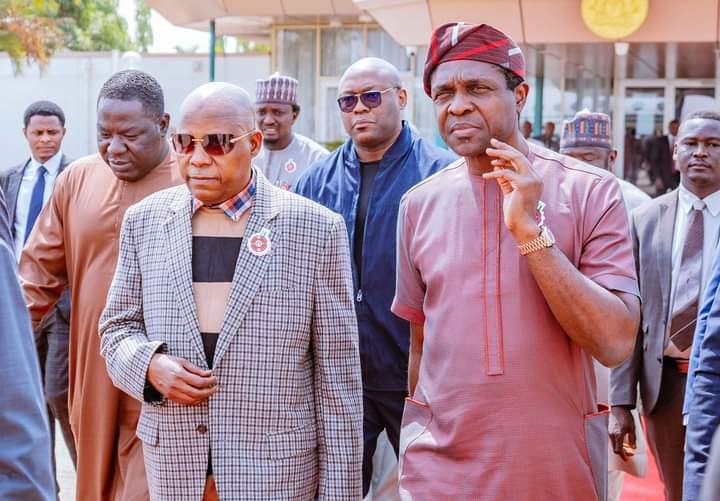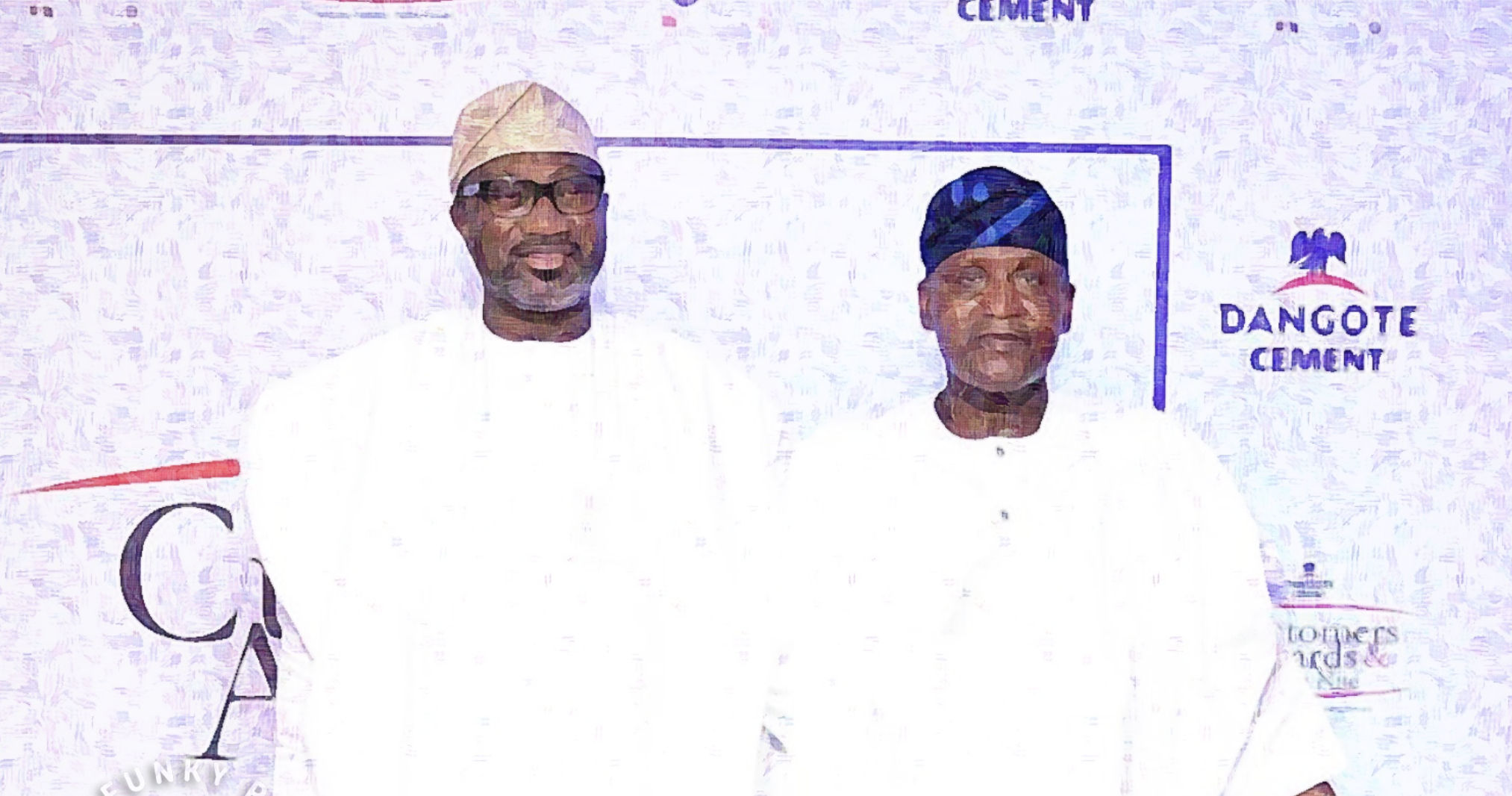The Nigerian nation is a confused state. The protection of people’s lives and property as well as their welfare are the two main reasons that governments are in place everywhere in the globe. Any additional justification is incidental rather than central. This implies that any nation with a government that is unable to guarantee the safety of people and their property is doing a poor job of fulfilling its basic obligations.
Nigeria has been woefully inefficient in protecting its citizens and their property for decades, not to mention the incapacity of the country’s successive governments to ensure the fundamental well-being of its populace. The majority of Nigerians are compelled to provide their schools, roads, energy, hospitals, transit, and now security.
Since Nigerian citizens are virtually on their own, one may wonder why there is a government here in the first place. It does appear that it doesn’t matter to the ruling class whether or not the populace perishes. Terrorism has infiltrated the nation and become more prominent in politics since 2009 when Mohammed Yusuf led the Boko Haram sect to challenge the Borno state government during the governorship of Modu Sheriff.
Since then, Boko Haram has strengthened its position by allying with ISIS West Africa and Al Qaeda in Maghreb, and mercenary terrorists from Mali, Somalia, and other places to establish a haven in Nigeria. Apart from making significant advances into the Middle Belt, North West, and South, Boko Haram, and its allies have managed to maintain their dominance and stranglehold on the North East and are still actively attempting to gain access to Southern parts of the country.
Advertisement
As if the terrorism of Boko Haram wasn’t enough, bandits who were allegedly introduced into the country in 2014 for an election have developed into a full-blown terrorist group, going by the judgement of Nigerian courts. Bandit-inspired terrorism has lain dominant in the North West and is now encroaching on the Middle Belt and the Southern regions as well where they have taken over the forests.
In many states, farmers pay the terrorists to enter their farms and most Nigerian farmers no longer go to farm at all, resulting in food crises and food insecurity.
Killer herdsmen, on the other hand, have been having a field day, especially in the country’s eastern and middle belt regions. They’ve resisted being put under control. In the Middle Belt and Southern Kaduna, Niger, in particular, they murder, rape, and drive out populations, grabbing and occupying their lands in the process.
Advertisement
It is noteworthy that, according to the World Termism Index, killer herdsmen generally rank as the fourth deadliest terror group globally.
This indicates that three of the world’s deadliest terrorist organisations are based in Nigeria, and the country’s security services are overburdened in their attempts to contain them. Even with the valiant efforts of officers and soldiers unleashed in combat, the structures, political will, operational strategic plans, motivation, training, arms, equipment, and many other variables have conspired to make the struggle against terrorism and insecurity in Nigeria haphazard and terrible.
As with every command action, political will is the most critical and most crippling aspect. The President is the commander-in-chief of the armed forces, and since terrorism broke out in Nigeria in 2009, the Presidents of that country have given politics far too much premium.
Beginning with his tenure as president at the time, Goodluck Jonathan took a clumsy approach to combating insecurity and terrorism. He gave too much weight to politicians’ claims in the north, particularly General Muhammadu Buhari, the head of the main opposition at the time, who accused him of weakening and depleting the north in the war against terrorism.
Advertisement
Some politicians in the north referred to the terrorists as political agitators similar to the militants in the Niger Delta. Many of them demanded that General Azubuike Ihejirika stand prosecution before the ICC for his efforts to root out Boko Haram terrorists in those early stages.
Jonathan didn’t confront the threat of terrorism head-on because he gave in to the emotional blackmail and pressure of politicians in the north, and by the time he did, it was almost too late. Strong politicians even prevented Jonathan from purchasing weapons for the country’s soldiers, who were losing their lives in combat due to inadequate supplies and dangerous politics.
These unpatriotic politicians succeeded in persuading the US government to disallow arms sales to Jonathan’s government; the US complied and even inspired its friends to follow suit, claiming violations of human rights. A sovereign nation is violating the human rights of terrorists who are killing people and demolishing churches and mosques and has to be refused a supply of weaponry. That is a bizarre US policy under Barack Obama, in my opinion. The US government, then led by Obama, had to deal with Jonathan over the passage of an anti-gay law, and that could plausibly explain their strange action.
Jonathan tried to purchase weapons on the black market in South Africa out of desperation. Money for the weapons and aircraft were taken into custody in South Africa after a security network was tipped off. Nobody knows for sure whether the money was recovered to this day, but political powers working with foreign governments to remove Jonathan at all costs undoubtedly blocked the attempt to purchase weapons, even from the underground market, and the growing level of insecurity in the nation was considered the most effective weapon for accomplishing that strategic objective of removing Jonathan by the dark forces.
Advertisement
In May 2015, General Muhammadu Buhari took office after playing a role in defying and undermining Jonathan’s efforts to combat Boko Haram. For this reason, one was not shocked by Buhari’s halfhearted approach to combating terrorism and insecurity.
Two of the three brands of terrorism based in Nigeria—bandits and killer herdsmen—did not receive the attention they deserved under Buhari, who saw them as mere agitators and possibly criminals. As a result, during the last eight years that have been Buhari’s legacy, these two deadly terror groups have been able to fully establish themselves in Nigeria. One grave mistake made by the Buhari government, unwittingly or willingly, was to view bandits as mere agitators and even businessmen fighting to survive, regardless of how they were brought into the country.
Advertisement
One of the terrorist leaders, Bello Turuji, was turbaned by an emir in Zamfara with a hundred other bandits/terrorists gracing the occasion. Also, a then-serving northern governor was seen posing with bandits brandishing military assault rifles all in an attempt to appease the terror group.
On national television, a different northern governor also admitted to paying murderous herdsmen to stop them from killing farmers in retaliation. Most significantly, a governor still in office reiterated on national television that they were in charge of an initiative to relocate a certain ethnic group that was stateless and stranded in Africa in Nigeria.
Advertisement
Given this background, therefore, it is surprising that Nigerians are taken aback by the nation’s growing and deteriorating insecurity. Nigeria’s political leaders have deeply wounded the country by tampering with national security, resulting in escalating insecurity.
For a solution, the president, who is the commander-in-chief, must demonstrate the political will to implement hard solutions. The terror groups and the people who finance them ought to be treated as terrorists, not just as criminals. To eradicate terrorism, the President must give the military chiefs and law enforcement officials very specific matching orders. After receiving the necessary tools, the President should remove any service heads, general officers commanding, intelligence chiefs, and operational commanders who are unable to carry out his specific orders within the timeframe.
Advertisement
Radical and extraordinary measures must be taken to eradicate terrorism in Nigeria. Declaring a state of emergency on national security, the president could agree with state governors and the federal capital territory minister to organise civil Joint Task Groups made up of retired military and police officers, hunters, and volunteers willing to get training so they can support the police and army.
One other important thing is accountability. Commanders, officers, and men who are belligerent, complacent, and maybe involved in collusion should exemplarily be dealt with. For example, terrorists raided Kuje prison two years ago and freed their comrades without any resistance from the nation’s security forces. Kuje has multiple DPOs and a police area command. They should have been made to answer for what transpired, but that never happened.
Numerous jail break-ins have occurred across the nation. The jailbreaks in Owerri and Benin are particularly instructive and spectacular due to their locations and the extended hours that they operated without interference from the police or any other security agency. The Area Commands and Division Police Commands should have been held accountable for the jailbreaks. If police or any other security agency is unable to confront such terrorist operations it could imply complacency or complicity.
The point being made here is that the president must demand timeliness and complete accountability from the officers and men assigned to man these operational commands through the NSA, service chiefs, and commanders of the military and the police. If there is to be any success in the battle against terrorism, violent crimes, and insecurity in general, the customary ambiguous orders holding no one accountable for complacency and complicity should no longer suffice.
Finally, the President should convene a technical team to expeditiously advise on the implementation of State Police and Community Police as the next step. These steps need to be taken immediately before Nigeria is completely overrun by terrorists and insecurity.
In FCT alone, since President Bola Tinubu took office on May 29, 2023, there have reportedly been over 200 violent attacks in the six area councils. No less than 87 FCT citizens perished as a result of the tragic occurrences, while 176 more were abducted during that time.
Nigeria is adrift and should be pulled back from the precipice and President Tinubu has to lead the charge.
Dr. Law Mefor, an Abuja-based forensic and social psychologist, is a fellow of The Abuja School of Social and Political Thoughts. He can be reached via [email protected]; Twitter: @Drlawsonmefor.
Views expressed by contributors are strictly personal and not of TheCable.
Add a comment
